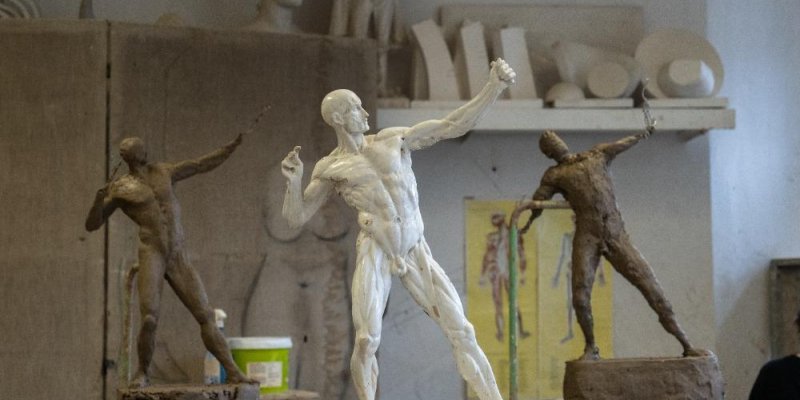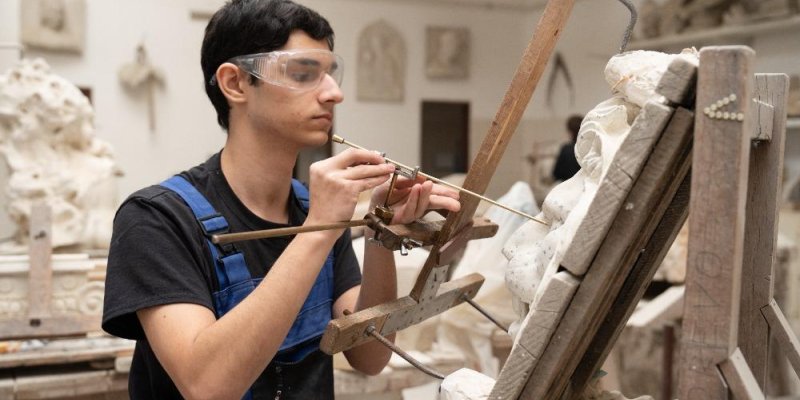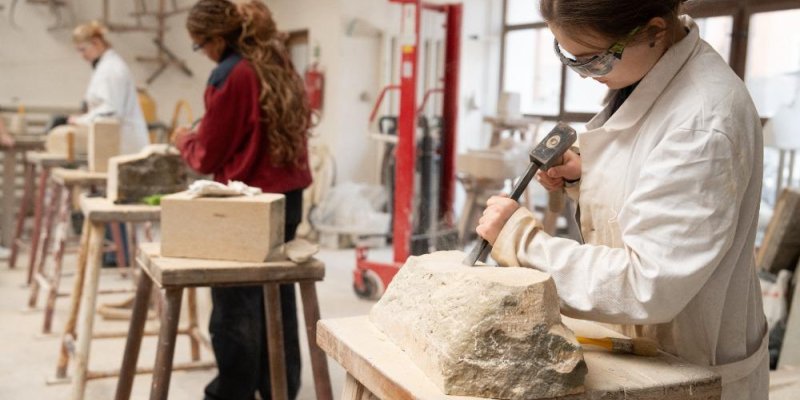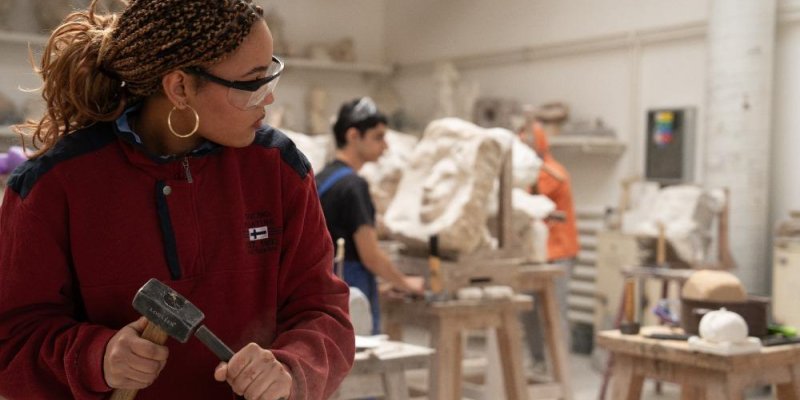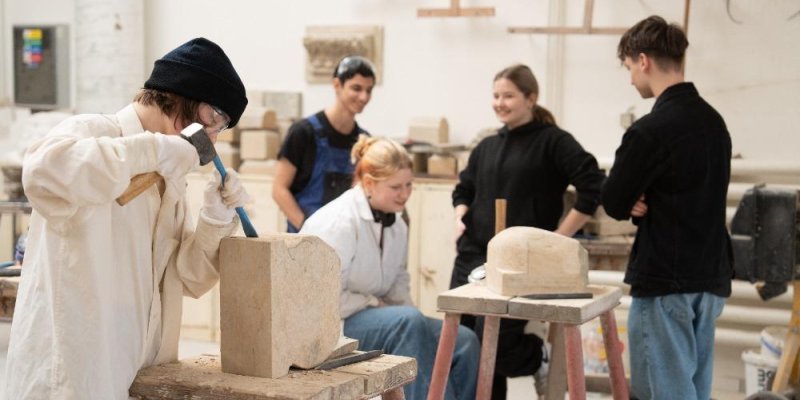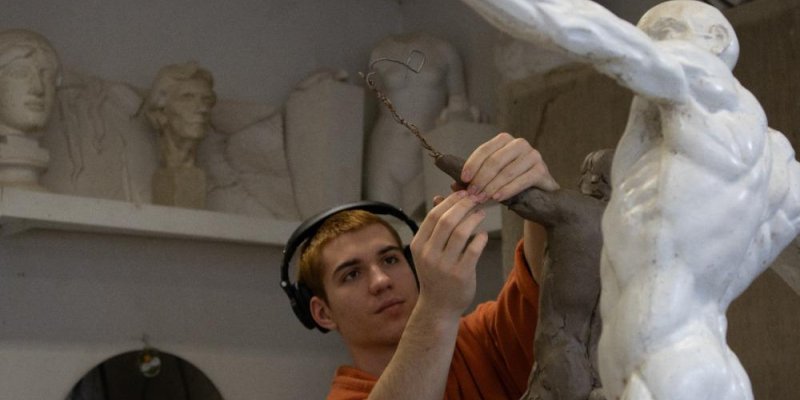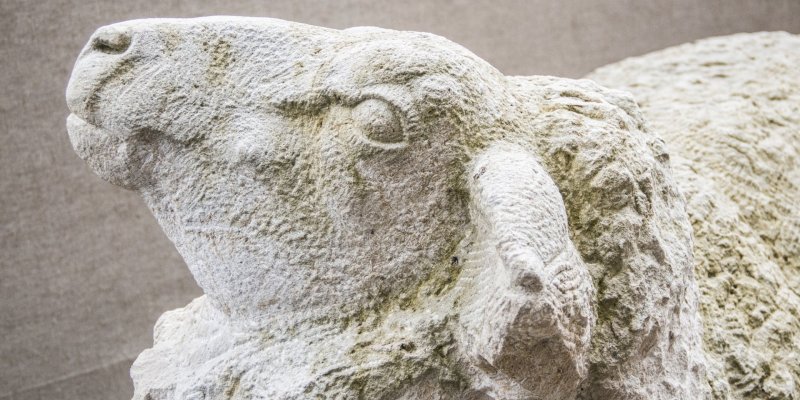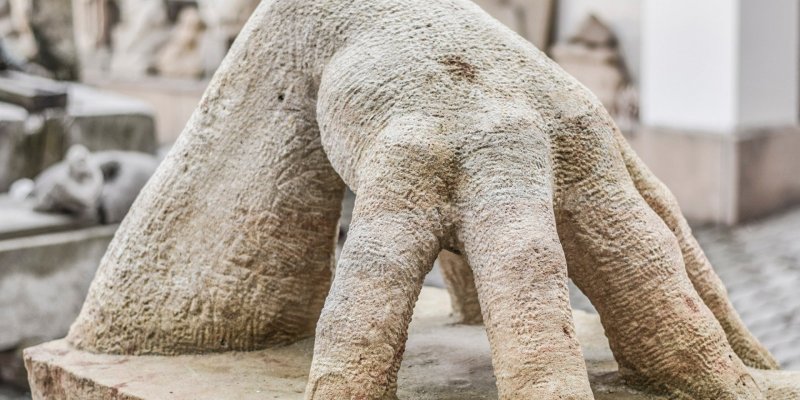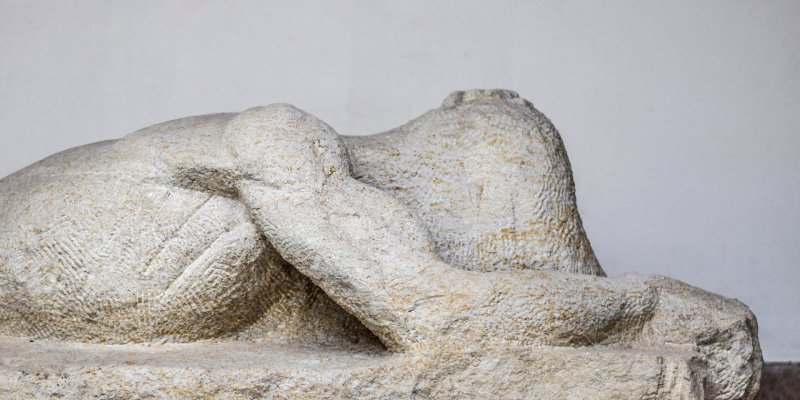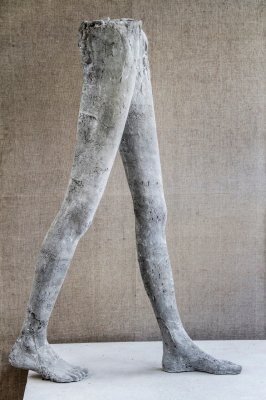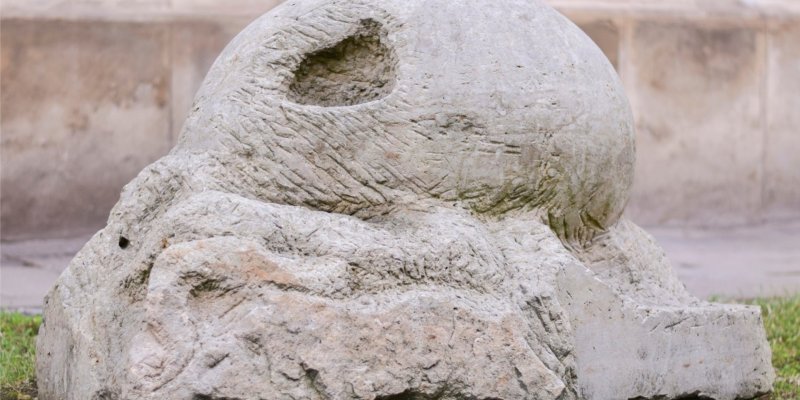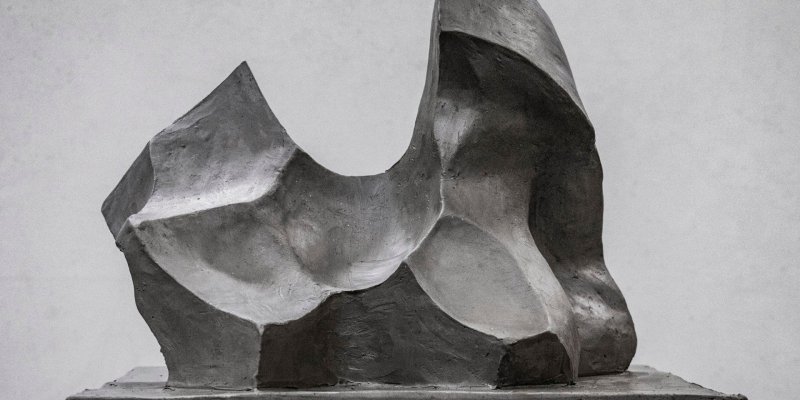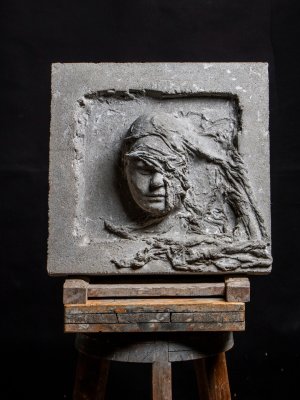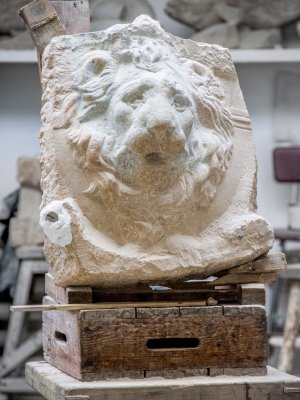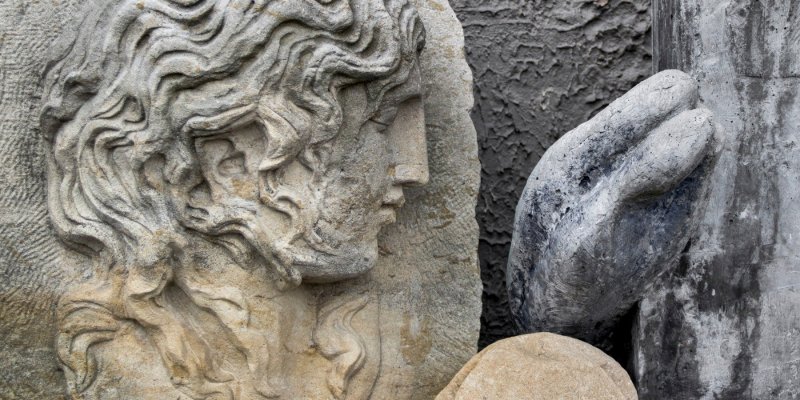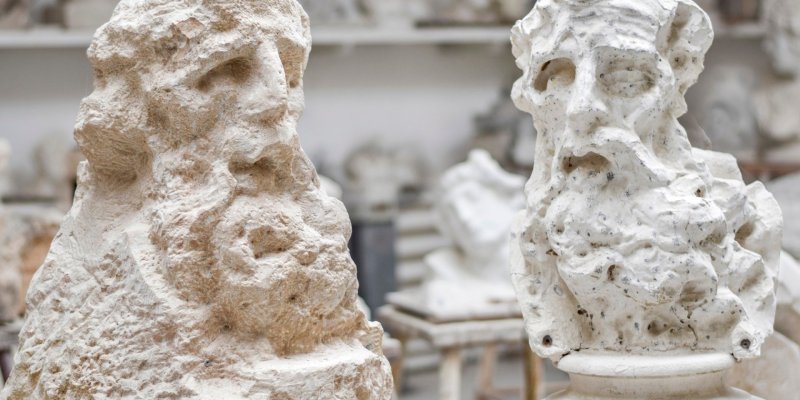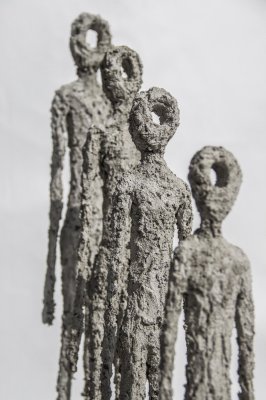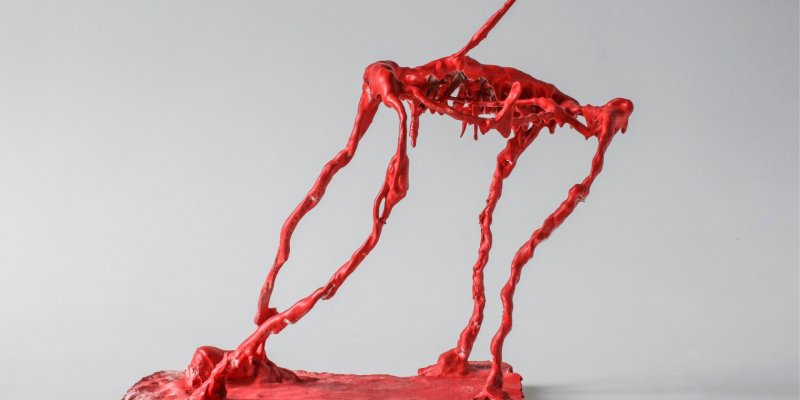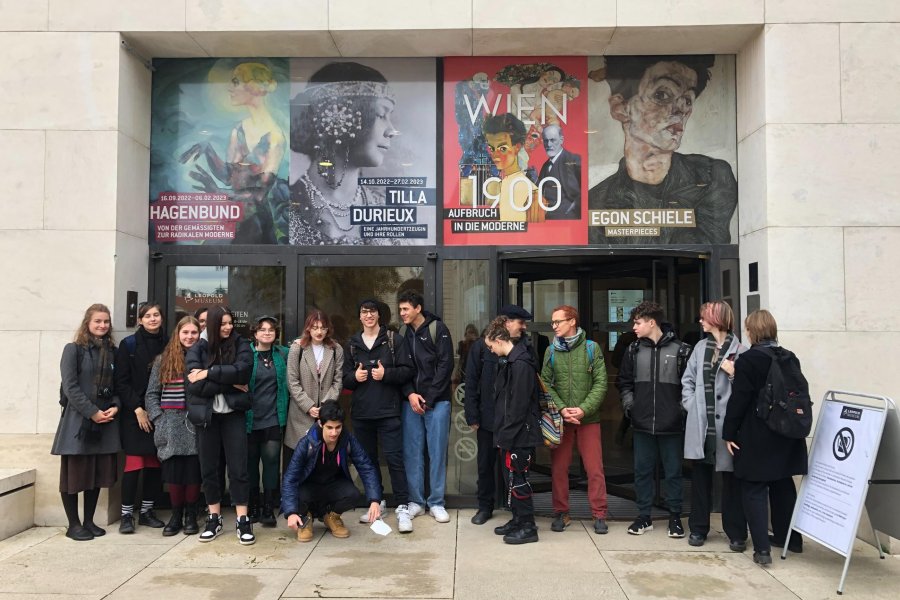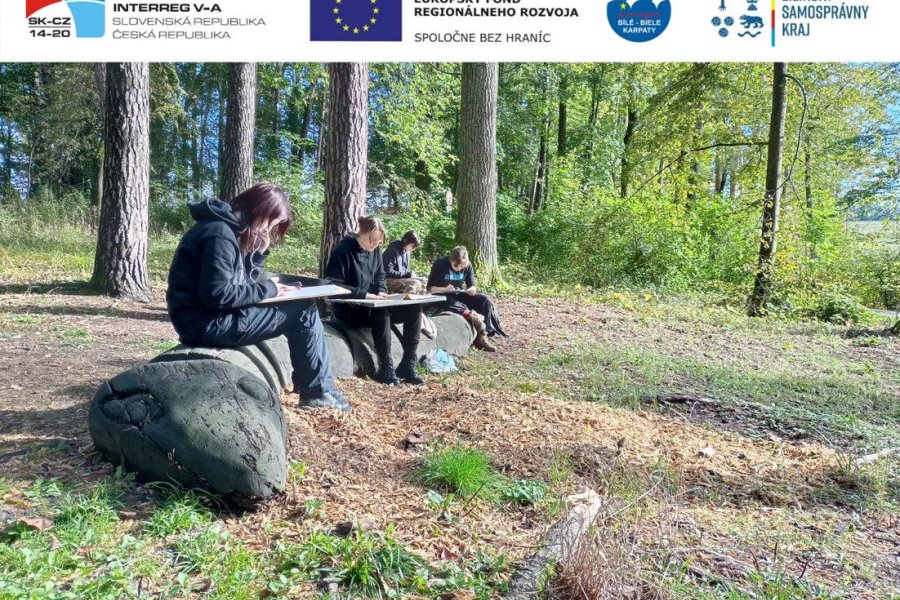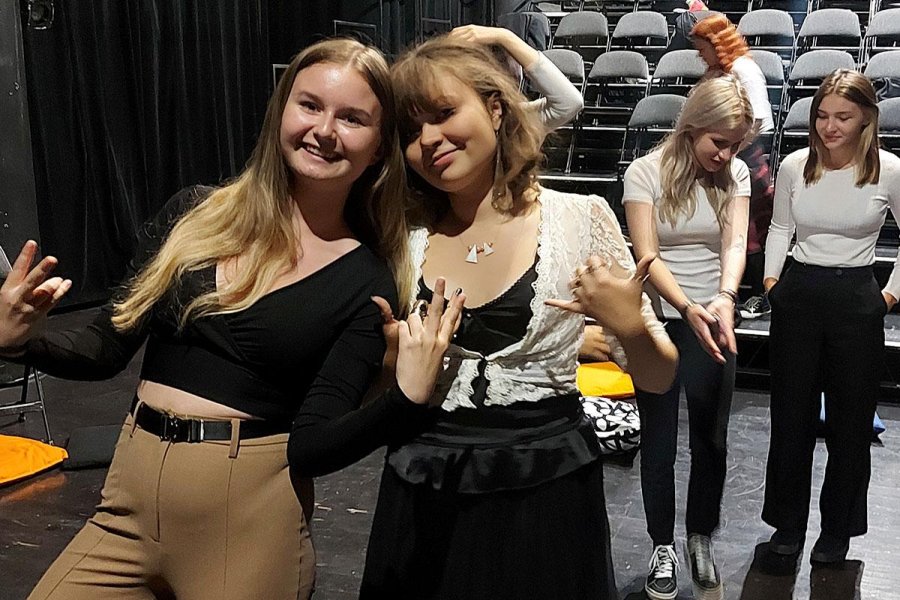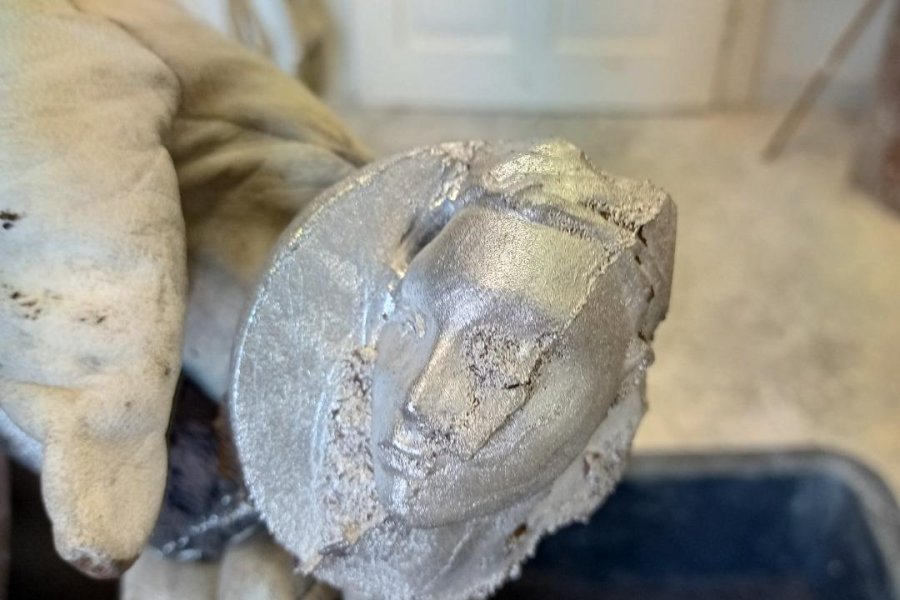STONE SCULPTURE
82–41–M/16
STONE SCULPTURE – Stone sculpture – one of the oldest fields of study at the school is based on linking a good knowledge of the craft with an aesthetic sense. It also touches aspects of architecture, design and modern IT technologies. Students gradually gain experience with different sculpting materials. The foundation of their education is the study of the „eternal material“, stone, and how to work with it creatively. Students master the entire creative process, from drawing design to carving a sculpture in stone. Emphasis is placed on plastic invention and manual craftsmanship. The study of sculpture leads students to an independent creative understanding of the world and the events taking place in it.
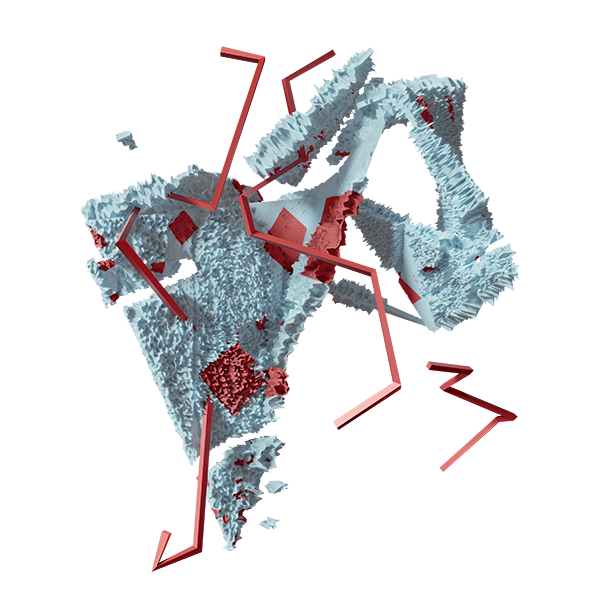
GRADUATE PROFILE
Graduates of the department can work as independent artists, they often find employment in fields such as design, architecture and museology. They can also create spatial realizations for film production. Restoration of statues and stone sculptures are another option, provided that students they decide to take up a specialized course. As well as the graduates from other departments they can continue their studies at colleges, in programmes that require creative thinking.
head of the department
akad. soch. Milan Kusenda
teachers
ak. soch. Zdeněk Tománek
BcA. Vilém Čech
students work
entrance examination
department news
contact the teachers
facebook
instagram
famous alumni
STUDENTS WORK
entrance examination
Applicants must submit their application to study at the Secondary School
of Applied Arts in Uherské Hradiště by November 30th.
The entrance exam consists of a general talent test and another part of the
admission procedure in the department chosen by the applicant. As a part of the
admission procedure, in addition to the result of the applicant's talent test,
the students ´ primary school grades are considered as well.
TALENT EXAM
portait drawing of a live model
Pencil or charcoal drawing on A2 wrapping paper. Applicants need their own
drawing tools and a firm, flat A2 drawing board. The drawing paper will be
provided at school. The time allowance for the task is 2 hours.
drawing dictation
Drawing and painting according to specifications on a A2 format,
Applicants need their own drawing tools and a firm, flat A2 drawing board. The
drawing paper will be provided at school. The time allowance for the task is
2 hours.
clay model of still life
Applicants need their own modelling tools. Clay and a modelling
stand will be provided to applicants at school. The time allowance for the
task is 2 hours.
COURSE EXAM
portfollio
Presentation of one's own previously created work in the range of max.
20 pieces. The portfolio must also be submitted in digital form in jpg format
(the size of the longer side is 2000px and 72dpi) and marked with the name:
surname_name_number, under which the candidate is taking the exam_year of
the exam.
sample: NovákJan_111_2021
The portfolio and the digital documentation must be submitted on the day of the exam (on a USB drive that will be returned to the applicant on the same day). Without the required digital documentation, this part of the admission procedure will not be considered fulfilled.
DEPARTMENT NEWS
CONTACT THE TEACHERS

akad. soch. Milan Kusenda
DOSAŽENÉ VZDĚLÁNÍ
Vysoká škola výtvarných umění v Bratislavě,
obor výtvarná umění a figurální a reliéfní sochařství
VYUČOVANÉ PŘEDMĚTY
modelování, praktická cvičení, výtvarná příprava

ak. soch. Zdeněk Tománek
DOSAŽENÉ VZDĚLÁNÍ
Akademie výtvarných umění v Praze, obor sochařství
VYUČOVANÉ PŘEDMĚTY
modelování, přípravné kreslení, praktická cvičení, výtvarná
příprava

BcA. Vilém Čech
DOSAŽENÉ VZDĚLÁNÍ
Institut restaurování a konzervačních technik Litomyšl, obor výtvarná
umění, restaurování a konzervace kamene a souvisejících materiálů
VYUČOVANÉ PŘEDMĚTY
technologie, praktická cvičení

MgA. Eva Jančeková
DOSAŽENÉ VZDĚLÁNÍ
Ostravská Univerzita, Fakulta umění, Ateliér
sochařství,
obor sochařství – tvorba
VYUČOVANÉ PŘEDMĚTY
technologie
famous alumni
OTMAR OLIVA
Born in Olomouc, an academic sculptor. He now lives in Velehrad, where he has his studio with a foundry. In Europe, he is known for his sculptural decoration of the Redemptoris Mater chapel of Pope John Paul II in Vatican and the interior decoration of the Church of Mary the Mother of God in Maribor, Slovenia. He is a holder of the Masaryk Academy of Arts Award, the Memorial Medal of the 3rd Resistance and the Order of Saint Cyril and Methodius. In the 1990s, he taught at the Scuola dell' arte spirituale in Rome. His very extensive work includes free sculpture, liturgical and ceremonial artefacts, insignia, medals, busts and large sculptural works. He graduated from the Secondary School of Applied Arts in Uherské Hradiště in 1972.
IVAN THEIMER
Born in Olomouc, he is a painter, sculptor and engraver. Since 1968, he has lived in France, where, as well as in Tuscany, he creates works that have become key pieces of many world art institutions. Theimer's monuments, memorials, reliefs and other smaller works are placed in many European countries. In Paris, he created the Monument to the French Declaration of the Rights of Man and of the Citizen, in the Elysée Palace you can see a well-known group of obelisks, and in Hamburg, a statue of Heinrich Heine. In his hometown people can admire the Arión fountain, and in Uherský Brod the monument of Jan Amos Comenius. Theimer graduated from the Secondary School of Applied Arts in Uherské Hradiště in 1965.
JAN HABARTA
Born in Kunovice, a student of Vincenc Makovský, he was an academic sculptor and teacher. In the years 1947–1952 he taught stone sculpture at the nationalized School of Art in Zlín, then until 1980 at the Secondary School of Applied Arts in Uherské Hradiště. As a beginning artist, he created a portrait of Mrs. Abraham and a portrait sculpture of her young son Josef. He mainly focused on exterior sculpture and monumental memorials. In addition to numerous works with political themes, he was the author of works motivated and inspired by the poetics of his native Slovácko and of children´s portrait sculptures. Most of his works can be found in the South Moravian Region. Jan Habarta died shortly after the Velvet Revolution in 1989.


